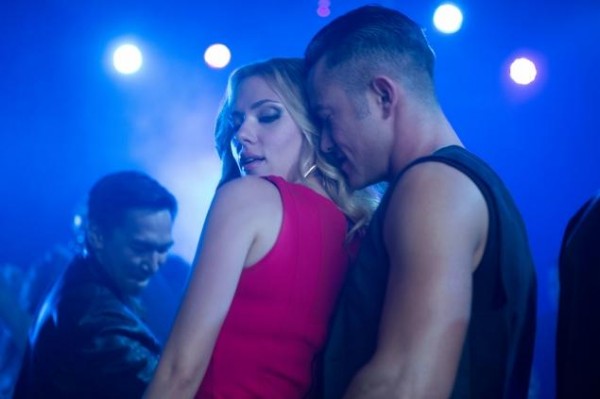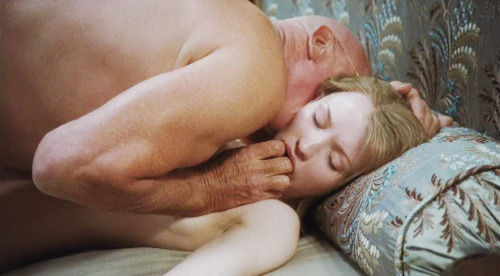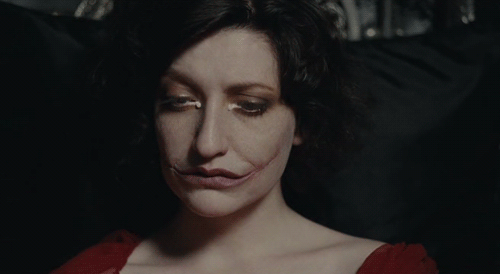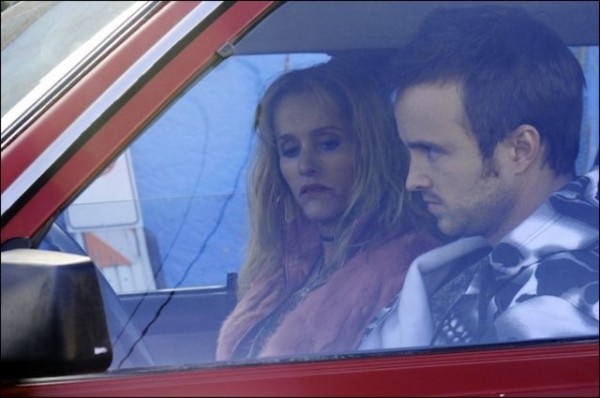Unequal Desires by Siobhan Brooks (2010)
 Unequal Desires is a long overdue work that (finally!) focuses on race as central in the lives of strippers. While some of the literature on stripping focuses on race as a footnote or tangent, for Brooks, race is the central concern. Everything from everyday micro-level issues (hiring decisions, shift availability, and stage sets) to the very large-scale (zoning laws, likelihood of arrest) are explored in this book, with the conclusion that stripping is deeply racialized. Brooks uses interviews with dancers and customers as well as her own observations to confirm what she began to suspect during her time at the Lusty Lady: The strip club is another site where the black female body’s inferior position is reinforced. Through everyday actions, customers, management, and strippers all participate in its systematic devaluation.
Unequal Desires is a long overdue work that (finally!) focuses on race as central in the lives of strippers. While some of the literature on stripping focuses on race as a footnote or tangent, for Brooks, race is the central concern. Everything from everyday micro-level issues (hiring decisions, shift availability, and stage sets) to the very large-scale (zoning laws, likelihood of arrest) are explored in this book, with the conclusion that stripping is deeply racialized. Brooks uses interviews with dancers and customers as well as her own observations to confirm what she began to suspect during her time at the Lusty Lady: The strip club is another site where the black female body’s inferior position is reinforced. Through everyday actions, customers, management, and strippers all participate in its systematic devaluation.
The strip club presents the black woman’s body in strangely contradictory terms. On the one hand she is thought of as readily available, sexually. Customers may prefer a “black” club or an individual black dancer because they assume they can get more sexual contact than with a non-black dancer. On the other hand, the black female body is systematically made invisibilize or rendered unattractive. Brooks analyzes the pictures on strip club websites as evidence of this invisibility.
Brooks does attend to the clubs that may be considered “black” clubs. She considers the various, complicated motivations that black dancers have for wanting, or perhaps being forced, to work at these clubs, and simultaneously considers the social capital a “high end” (implicitly, not black) club carries as well. For many of the black dancers, hiring practices prevent them from getting in the door at clubs where they are in the minority. If they make it through the hiring process, discriminatory practices prevent them from staying.



